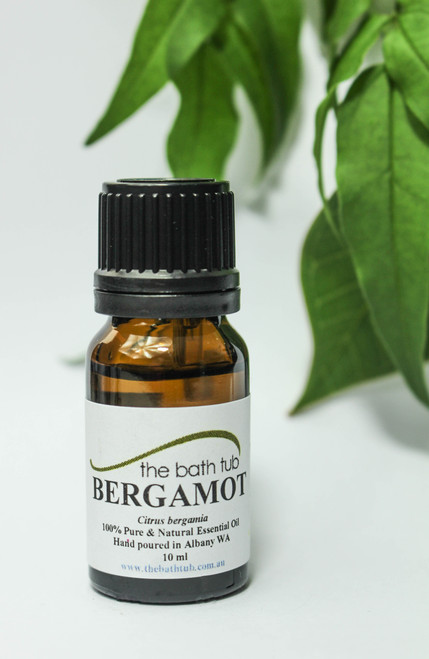Product Overview
Cassia Cinamon Essential Oil
100% Pure & Natural
Botanical Name: Cinnamomum cassia
Country of Origin: China
Part of Plant used: Leaves
Method of Extraction: Steam Distilled
Cassia cinnamon essential oil blends well with clove, frankincense, lavender, lemon, sweet orange, ylang ylang, ginger, and bergamot.
WHAT IS CASSIA CINNAMON ESSENTIAL OIL GOOD FOR?
If you’re wondering what is cinnamon oil good for?, you’ll be glad to hear that cinnamon oil benefits are wide-ranging. Many people enjoy using cinnamon essential oil in a diffuser in the fall and during the winter holidays. Because this tends to be cold and flu season, the oil’s ability to help ease congestion also comes in handy.
So what does cinnamon essential oil do? The benefits of cassia essential oil include:
- Treating thinning hair
- Relieving achy joints
- Aiding with digestion
- Plumping lips
- Repelling and killing ants.
Cassia Cinnamon Oil for Skin
It is critical to properly dilute cinnamon oil before using it on your skin. However, when properly diluted, it can be safely used as a massage oil and to relieve achy joints or indigestion.
Warming Massage Oil
Combine oils and shake well before each use.
- 1 ounce jojoba oil
- 3 drops sweet orange
- 2 drops coriander
- 1 drop cinnamon
Massage Oil to Ease Digestion or Achy Joints
Combine oils and shake well before each use. For digestion, massage lower abdomen in a circular motion. For achy joints, apply to affected areas.
- 2 teaspoons jojoba oil
- 1 drop cinnamon
Cassia Cinnamon Oil for Lips
Because cinnamon essential oil irritates skin, some people take advantage of this property by using it to plump their lips. Natural lip plumpers work because they cause mild irritation to the lips—causing them to look fuller.
Lip Plumper Mix 1
Combine ingredients and mix well. Apply a small amount to lips and rub with a small circular motion.
- 2 teaspoons olive oil
- 1 drop cinnamon
Lip Plumper Mix 2
Combine ingredients and mix well. Apply a small amount to lips and rub with a small circular motion.
- 1 tablespoon petroleum jelly
- 2 drops cinnamon
Cassia Cinnamon Oil for Ants
A 2014 study demonstrated that cinnamon cassia oil effectively repelled and killed ants. Higher concentrations (20%) were most effective. The key is to place the oil in the areas where the ants are entering the home. There are two ways to apply to oil—dip a cotton swab in the oil and apply wherever you see ants coming in or make a spray (recipe below) and use where needed.
Ant Repelling Spray
Combine ingredients and shake well before each use. Apply wherever ants are entering the home.
- 60 mls water
- 60 mls vodka
- 20 drops cassia cinnamon
CASSIA CINNAMON ESSENTIAL OIL SAFETY AND PRECAUTIONS
Cinnamon essential oil, especially cinnamon bark essential oils, need to be used carefully. Cinnamon oil dangers include skin irritation and inhibition of blood clotting (due to the levels of coumarin in the oil). Therefore, experts recommend the following precautions.
- Don’t use cinnamon oil if you are pregnant, breastfeeding, taking blood thinners, or have broken skin.
- Don’t use cinnamon oil on children under 2 and use extreme caution with children over 2.
- Cinnamon essential oil’s high risk of skin sensitization means the oil should not exceed a 0.5% dilution rate for topical applications—1 drop per 2 teaspoons of carrier oil. (Our 100% Jojoba oil is an ideal choice for a carrier oil.) Perform a patch test to check for allergic reactions.
- Don’t inhale undiluted cinnamon oil as it may irritate mucous membranes.
- Don’t use an essential oil diffuser for longer than 20 to 30 minutes.
- Don’t use essential oils near eyes or mucous membranes.
- Store essential oils out of reach from children and pets.
- Do not ingest essential oils.
- Wash your hands after using essential oils.
When creating an essential oil blend, follow these guidelines.
- Place the oils in a dark bottle (preferably amber-colored) to protect them from light.
- After combining the oils, label the bottle with the ingredients, date, and intended use.
- Store the bottle at room temperature or in the refrigerator away from light and heat.
- Be sure to put the cap back on immediately after use as oxygen can affect an oil’s composition.
- Shake well before each use to combine the oils.
-
General Safety Information
As cinnamon is a stimulant that can induce menstruation and contractions of the uterus, it should not be used by pregnant women.
Cinnamon oil should be avoided by people who are on multiple medications and anyone taking anticoagulants should avoid this oil as well.
Do not take any oils internally and do not apply undiluted essential oils, absolutes, CO2s or other concentrated essences onto the skin without advanced essential oil knowledge or consultation from a qualified aromatherapy practitioner.
Source: Valerie Ann Worwood, The Complete Book of Essential Oils and Aromatherapy, 25th Anniversary Edition (Novato, CA: New World Library, 2016, 603.
A great site to read up on is The American College of Healthcare Service
 Flammable Liquid: Road transport only. Additional freight time may apply.
Flammable Liquid: Road transport only. Additional freight time may apply.








